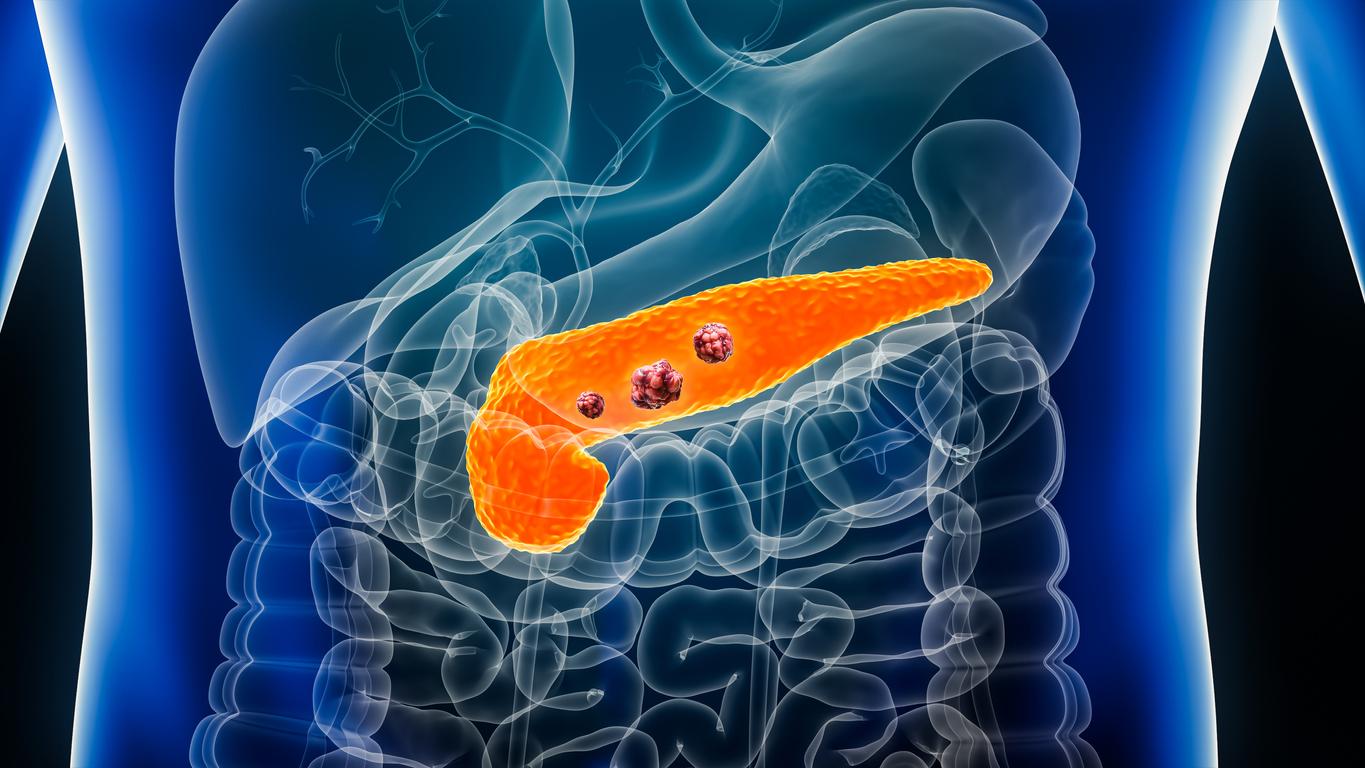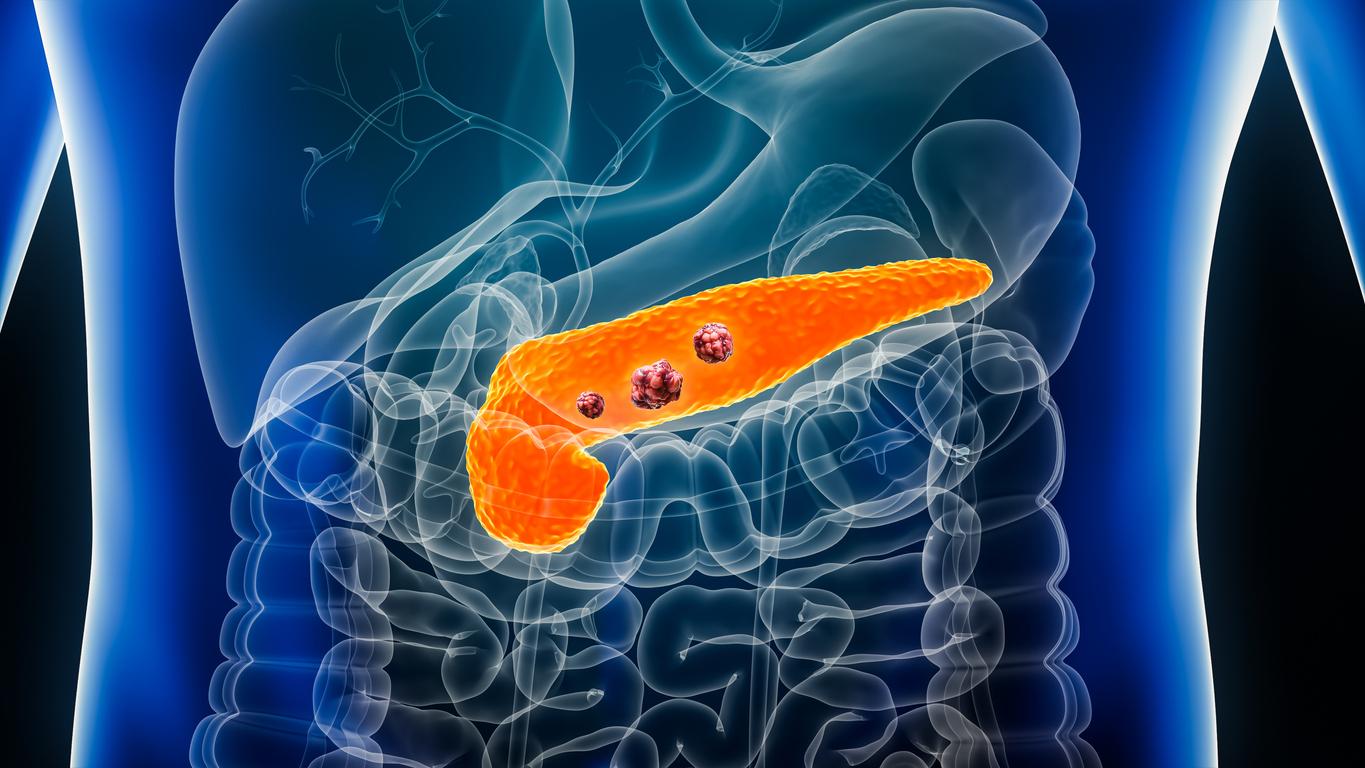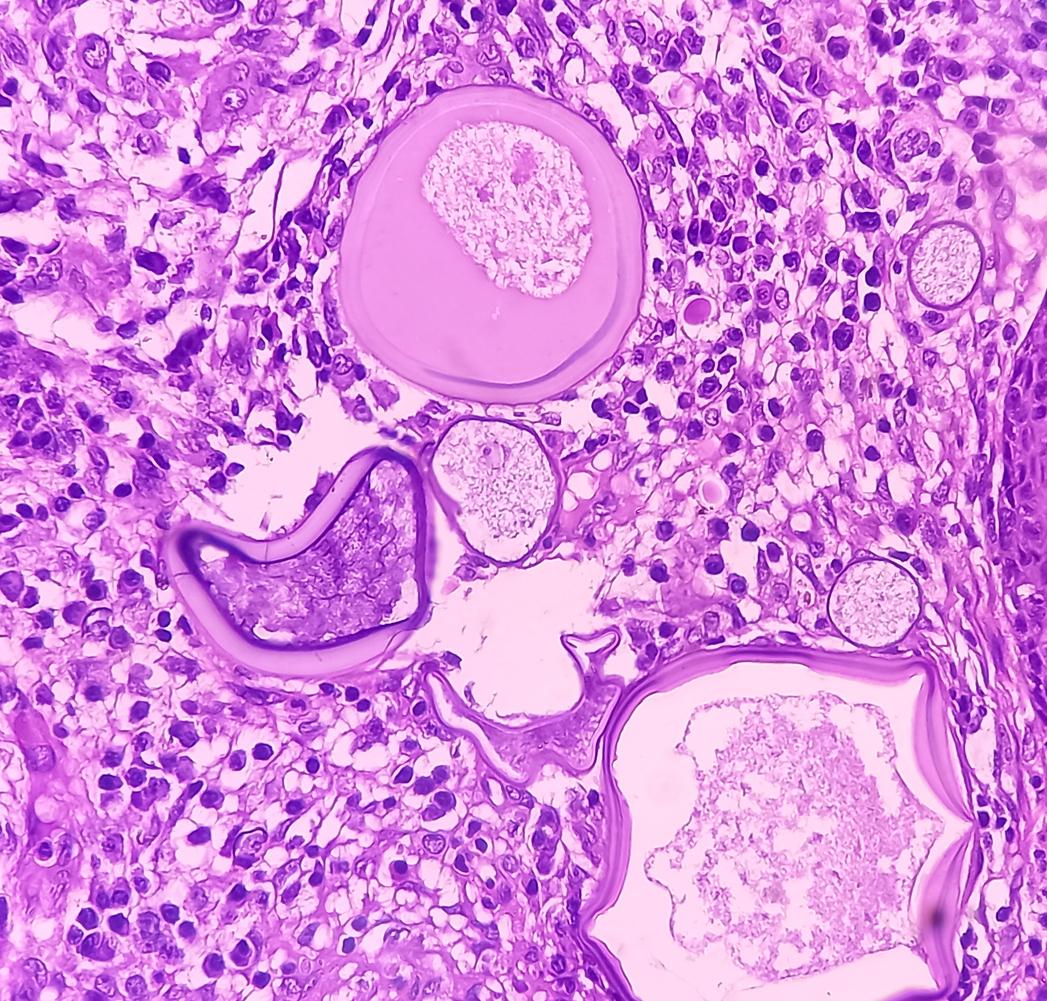A “molecular signature” has been identified in pancreatic cancer. Hope for patients to benefit from better targeted treatments.

- Molecular signature of tumor has been identified in pancreatic cancer
- This discovery will make it possible to better predict the response of patients to different treatments
as Pancreatic cancer is a major “killer” which affects 9,000 people in France each year, most often women and men (in equal proportion) over 50 years of age. We are far from having found the miracle treatment against this very aggressive cancer which has the poorest 5-year survival rate, but it is still a hope that the identification by the Cancer Research Center of Marseille represents ( CRCM) of the “molecular signature” of the tumour. This paves the way for the administration of more appropriate and potentially more effective treatments.
The identification of the molecular signature of a tumor makes it possible to establish a more precise prognosis of the state of health of the patient and especially to know whether or not he will respond to such or such treatment. “When you give a patient an effective treatment directly, you avoid giving him unnecessary treatments and you give him a chance to live longer,” said Doctor Juan Iovanna, director of research at INSERM. and Deputy Director of the CRCM, commenting on this progress and emphasizing that, faced with pancreatic cancer, “there are few possibilities”.
A signature validated in three independent series
The researchers worked on 200 tumor samples taken from patients. “By studying them, we identified signatures called Pancreatic adenocarcinoma molecular gradient which determine the prognosis of patients and the response to different treatments”, specifies Dr. Iovanna. This PAMG signature is “highly predictive of the patient’s overall survival and has been validated in three independent series of pancreatic cancers representing a total of 679 patients including 60 for which the tumor material was obtained directly from diagnostic biopsies”, according to the Paoli-Calmettes Institute which promoted this study in collaboration with bioinformaticians from the League against Cancer.
This tool, which are molecular signatures – or genomic signatures – has already been used in the management of certain breast cancers for which it makes it possible in particular to rule out chemotherapies, which are sometimes totally useless, and to spare patients from their effects. secondary.

.

















